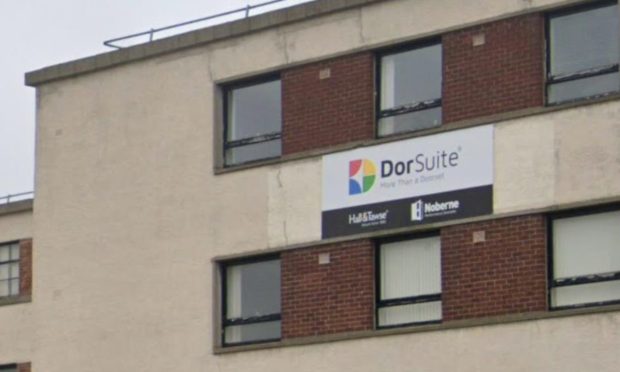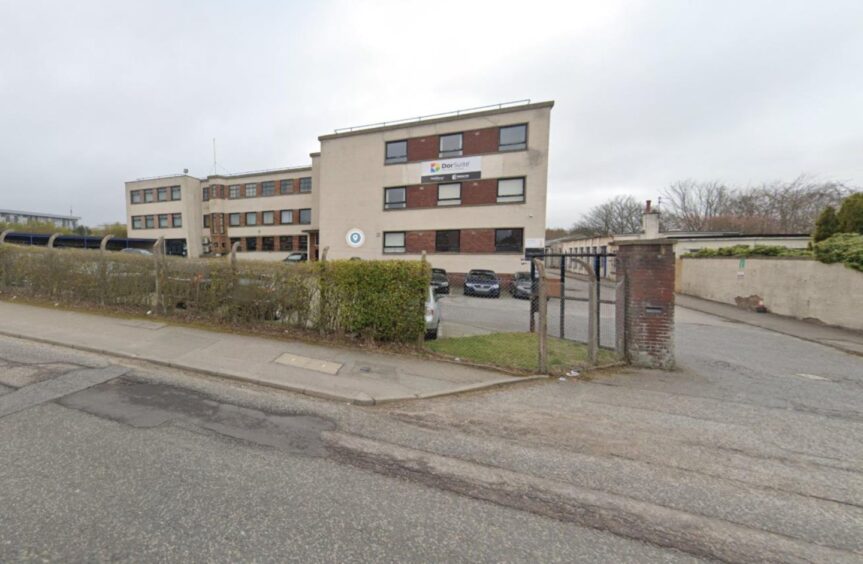An Aberdeen joinery and manufacturing firm has been fined £9,400 after a worker suffered severe injury while cleaning a machine.
Brian Strachan was working for Hall and Tawse Joinery Limited, a manufacturer of timber windows and doors, in November 2018 when the incident happened.
The then 41-year-old was conducting a thorough clean of a UV Lacquer Line machine at their premises on Granitehill Road when his right forearm became crushed in the machine.
He was rushed to hospital where he spent 13 days undergoing multiple surgeries to treat and reconstruct his arm with skin grafts.
An investigation was launched by the Health and Safety Executive (HSE) to establish the events leading up to the incident.
Aberdeen firm fined after pleading guilty
Now more than five years on, directors at the firm have pleaded guilty to breaching sections two and 33(1)(a) of the Health and Safety at Work Etc. Act 1974.
They were fined £9,400 on Thursday at Aberdeen Sheriff Court.
Speaking after the case HSE inspector Simon Dunford said: “This case highlights the importance of regular pro-active maintenance and inspection of work equipment, to ensure equipment does not deteriorate and is functioning as it should.
“In this case, Hall and Tawse Joiner Limited failed to effectively maintain their equipment to reduce the risk of injury.”
The incident in question happened on November 1, 2018.
The UV Lacquer Line is used to apply a lacquer finish to veneered door and panel products using two sets of sanders and lacquer machines.
Upon noticing lacquer hanging from the lid of the machine on the day in question, Mr Strachan, now 46, turned to the control panel to isolate the machine.
However, as he did so, the glove on the little finger of his right hand got caught in the moving rollers, causing his arm to become entangled and trapped within the machine.
Investigation finds machine was defeated
Investigations into the incident found that the machine’s rollers continued rotating when Mr Strachan opened the lid which demonstrated that the interlock device was not working on the day of the accident. The device was found to be defeated.
Findings also found the firm failed to carry out a risk assessment of the machine at the time of the incident, which should have been conducted before the machine’s use.
This assessment should have been followed by an effective check procedure, which would have highlighted the defeated interlock device.



Conversation